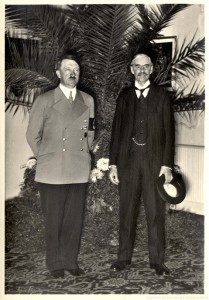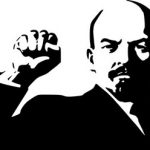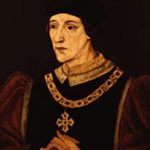Many years before The Czech Republic and Slovakia freed themselves from the yoke of being simply Czechoslovakia, this crisis evolved from territorial demands made by Adolf Hitler. One of the results of the Treaty of Versailles of unhappy memory was that over three million Germans were living in the Sudetenland, bordering with Germany and Austria. When Hitler became Chancellor in 1933, he stated that he wanted the inclusion of these three million in Germany.
His demands continued, in vain, until Germany signed the Anschluss with Austria in March, 1938. Then they became imperative, and exasperating to Czechoslovakia, but meanwhile Hitler told his generals that it was his unalterable wish to smash Czechoslovakia out of any kind of military action in the future. One assumes he knew that smashing the Czechs would involve Hitler in war with both France and Russia, both allied with Czechoslovakia, but Russia could only help the Czechs by marching straight through Poland, which would be unacceptable to the Poles.
When Germany had illegally re-armed and sent soldiers to the Rhineland (q.v.), France made it obvious that she would do nothing, with the result that Britain had to take over the dominant role in opposition to the Fuhrer. But here again was a dilemma, because Britain’s Prime Minister Neville Chamberlain was opposed to war, mainly because he had already taken part in one – the First World War, and had never recovered from the ordeal. He also knew that Britain was not fully prepared for any kind of conflict, so he flew to meet Hitler at Berchtesgarten on 15 September 1938.
Hitler entertained Chamberlain and told him that Czechoslovakia was his ‘last major problem to be solved’ and not to worry. Chamberlain agreed to his proposal that areas of Czechoslovakia which contained 50% or more of German population should become part of Germany. Again one assumes that Chamberlain knew this agreement would lead to disintegration and worse. Both Poland and Hungary were making claims for Czech territory too.
Chamberlain visited the Fuhrer again, this time at Bad Godesberg on 22 September and learned that Hitler had trumped him, making fresh demands – the Sudetenland would be occupied immediately! He said he was certain neither France nor Britain would interfere in his personal plans for the betterment of Germany. Chamberlain the appeaser wanted to agree with Hitler but his Cabinet did not. Daladier the French PM was informed that Britain would back France if she supported Czechoslovakia. Chamberlain persuaded Benito Mussoloni (of all people) to act as an intermediary and arrange a meeting of Britain, France, Germany and Italy to resolve the situation. Representatives of Russia nor Czechoslovakia were not invited to attend.
In Munich on 19 September the meeting took place and Hitler’s demands were agreed to: German troops invaded the Sudetenland in October, instantly depriving Czechoslovakia of her most important industrial area. Polish troops occupied Teschen and Hungary got hold of a strip of Southern Slovakia and Ruthenia. A triumphant Chamberlain arrived in London claiming ‘peace in our time’, but most English people disagreed. Churchill said ‘we have suffered a total and unmitigated defeat’ and Clement Atlee, leader of the Labour Party said ‘without firing a shot Hitler has achieved a dominating position in Europe, something which she failed to achieve during four years of war in Europe!’
Hitler had not yet finished with the Czechoslovakia Crisis; German troops entered Prague in March, 1939 and Hitler declared the new German protectorate of Bohemia and Moravia. The sole good result was that Great Britain saw how appeasement had failed, and that Hitler intended to dominate all Europe. War was inevitable.










Leave A Comment